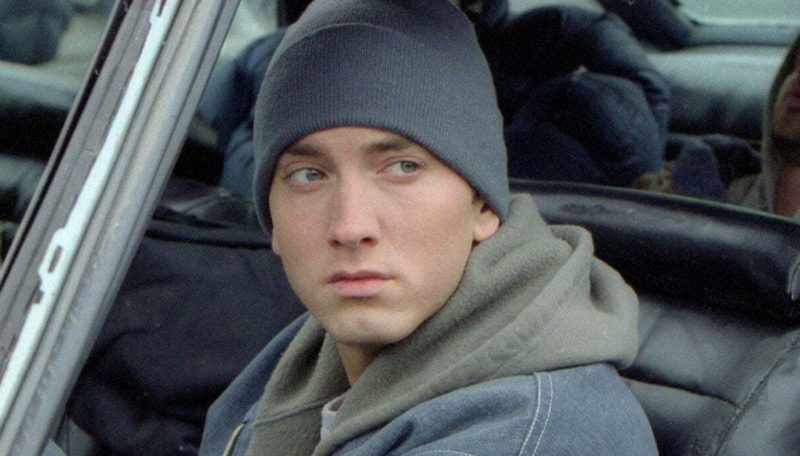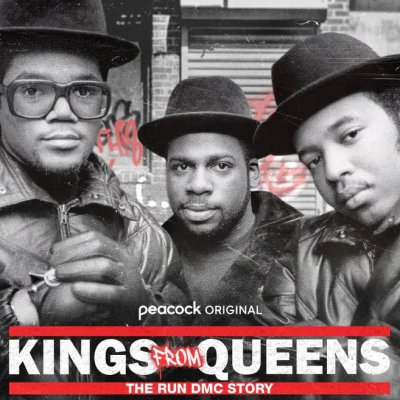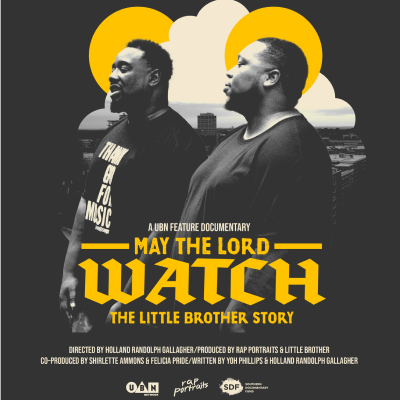
Last week, Jake Kring-Schreifels interviewed me, among many others, for a story in The Ringer titled “Eminem Found Himself in ‘Lose Yourself.’ Will We Ever Let It Go?” His story commemorates the 20th anniversary of the hit single by exploring its genesis as the theme for the film 8 Mile and its long shelf life as a sports arena anthem, and the piece includes three quotes from me. My full comments are below.
How would you describe the enormity of this song when it came out?
It was very popular, obviously. If I remember correctly, it got airplay on a lot of “urban” stations that didn’t spin the major singles from The Eminem Show; even though those same stations played Marshall Mathers LP tracks like “Bitch Please II” and “The Way I Am” in 2000 and 2001.
I don’t know if young people today realize how famous Eminem was at the time. Consider someone like Taylor Swift or Beyoncé — artists whom everyone knows, and who are topics of discussion at every stratum of society, from your grandmother’s house and the kitchen at your local McDonald’s to Congress and the White House — where everything they do becomes fodder for debate and news headlines. And this is before we became an internet-dominant society, when people still used print newspapers, compact discs, and network television to consume media in addition to surfing websites. Eminem achieved pop ubiquity in a way that’s different from how, say, Drake does it now.
How surprising or strange was this song in the context of Eminem’s previous catalog of music? Did this feel like an intentional push to appeal to more mainstream audiences?
It didn’t seem like much of a surprise, just a combination of elements that were already present in his music. The Eminem Show was a messy, tabloid-driven album that, coupled with his bullying behavior at the 2002 MTV Video Music Awards, amplified his persona as an angry and divisive figure. “Lose Yourself” helped Eminem pivot as a kind of Rocky-like figure, a white underdog who achieved success in a Black-dominated industry against long odds. Again, those elements were always part of his narrative. However, “Lose Yourself” helped him foreground that persona for a mainstream audience.
How much do you think this song impacted/changed his perception after his first two LPs and “The Eminem Show”?
The fall of 2002 and early 2003 was a crucial period in Eminem’s career. There was the beef he had with The Source co-owner Benzino, which led to Benzino leaking tape of him using the N-word as a high-schooler. The rap industry rallied around him when that tape leaked, and he performed with The Roots at the 2003 Grammy Awards, where he famously shouted out Masta Ace during his acceptance speech for Best Rap Album. Then there’s his close association with Dr. Dre and how they helped launch 50 Cent’s career into the stratosphere.
All of this is context for a song that helped deepen his roots in hip-hop. The Eminem Show appealed to a mainstream pop audience. Rap fans listened to it, too, obviously — and that album can now be seen as an early example of the “emo” style that peaked during the Soundcloud era a few years ago. But The Eminem Show also positioned him as an outlier who seemed to hover beyond mainstream rap culture. “Lose Yourself” brought him back down to Earth, so to speak.
Why do you think this song has had such a long shelf-life within culture—sports and otherwise?
It’s Eminem’s signature song now. It’s the one major hit that isn’t complicated by all the criticisms of him — his misogynistic and homophobic themes, his penchant for “over-rapping,” his goofy and off-putting sense of humor, and his erratic taste in beats. It’s just a good, accessible rap cut that works very well on a pop level. It’s a Rosetta stone for anyone curious about Eminem’s lasting appeal.
Humthrush.com will always be free to read and enjoy. If you like my work, leave a tip at Ko-fi.com/humthrush.

